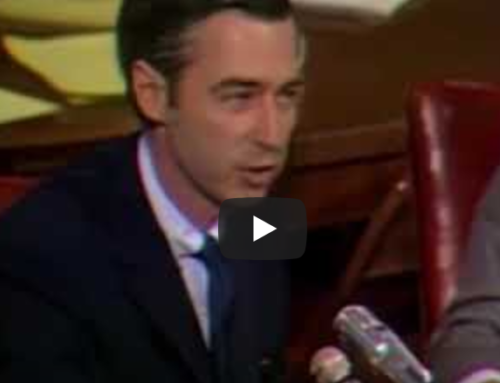“I just think we got off on the wrong foot,” he said. Mark* was the senior vice-president of a multinational technology company and this was the reason he gave me as to why he had called the sponsor asking if he could work with another coach.
When I heard this, I responded calmly: “Look Mark, I am more than happy for you to work with another coach. In fact, I will facilitate an introduction immediately following our call. However, before I do that, let’s look at what occurred in our brief relationship, as I suspect an important learning opportunity exists right here. You game?”
I knew that what my client was trying to do was escape me. Simply providing him with another coach would have been easy, but adult development and changes in behavior do not come through easy actions.
Although I could sense his skepticism, I give Mark full credit for being open to further discussion. I was able to share with him the key moments I believed had affected our relationship, the kinds of behaviors I suspected were limiting his success with others. I began: “Yes, we did get off on the wrong foot. And isn’t this something that often occurs with you, especially as you deal with those abroad? You feel you are misunderstood, but there are ways you are making this disconnect occur. Let’s look at how you interacted and communicated with me …”
As is almost always the case, my own experience of Mark mirrored the feedback he had received from his boss, peers, and, most especially, his contacts on the other side of the world. These were behaviors that were severely limiting his ability to lead and influence, and thus, his effectiveness and upward mobility.
“Immediacy,” one of the most important but perhaps also the most overlooked tools in coaching, is simply paying attention to everything you experience within any one-to-one relationship. It starts with the first email or voice message and continues throughout every touch point you have with another.
As a leadership coach for very successful men and women, my job is to notice everything: how my clients communicate (their language, cadence of speech, what they say or fail to say, and how they say it); their timeliness (or lack of it); their organization (or lack of it); their professionalism (or lack of it); and their emotional intelligence and business acumen (or lack of it). In short, I pay attention to every bit of the enormous amount of information I obtain during any interaction. I often feel like a spy. Yet by “watching” in this way, I am able to quickly assess a person’s gifts, talents, motivations and drivers. I can do all this entirely via the phone and clients are frequently amazed at how quickly I “get” them.
But there is nothing magical about me or my abilities. It is merely that I discipline myself to pay attention to everything I experience within a relationship and, most importantly, I validate my own feelings, thoughts, and experience of others. I trust that how I experience another person is also what most others experience in that person’s presence. Then, I share this feedback.
This process starts at my first exchange with a client (whether email, voice message, or hand shake), continues throughout every interaction, and culminates with my explanation to the client of what I have been noticing. This is the tool of immediacy: “It is happening right now here with me. Can you see what is occurring?” It includes pointing out the ways my client is highly effective as well as ways that they are less effective than perhaps they could be.
As for Mark, after fifteen minutes of me talking while he listened silently, I asked for his reaction to all I had shared (partly to check that he was still on the phone!). He was sober-sounding and said he had little more to add. As a result, I thanked him for his willingness to listen and promised to make the email introduction to another coach immediately. We parted ways.
Two weeks later, I received a lovely email from Mark. He had thought a great deal about our conversation and felt everything I shared was accurate. More than this, he said he finally understood some of the feedback he had received over the years and now fully appreciated the impact of his behavior. He asked if I would consider working with him again, this time to help him make the necessary changes.
In my experience, the small things often become the big things. As the saying goes: How we do anything is how we will do everything! How a person interacts with us is indicative of how they interact with others. Thus, as coaches, mentors, and coach-like leaders, we can best assist others by paying close attention to our own experiences with them. Then, the goal is to find the most appropriate and emotionally intelligent way to share what we’ve observed (all with the sole intention of making another person more effective and successful than they already are).
Try This: Pay close attention to what you notice and how you feel during your next one-to-one with a direct report. Use yourself as a barometer. See if you can use the immediacy of what occurs (right here and now) in your relationship to help that person become ever more successful.
To Assist: If you would like to learn more about how you can most effectively handle an important conversation, please contact me for a complementary half hour session. My promise is that any time you spend speaking with me will be valuable.
Further reading: Blink, by Malcolm Gladwell.
*A compilation of numerous clients and their challenges and opportunities for learning and greater effectiveness.






